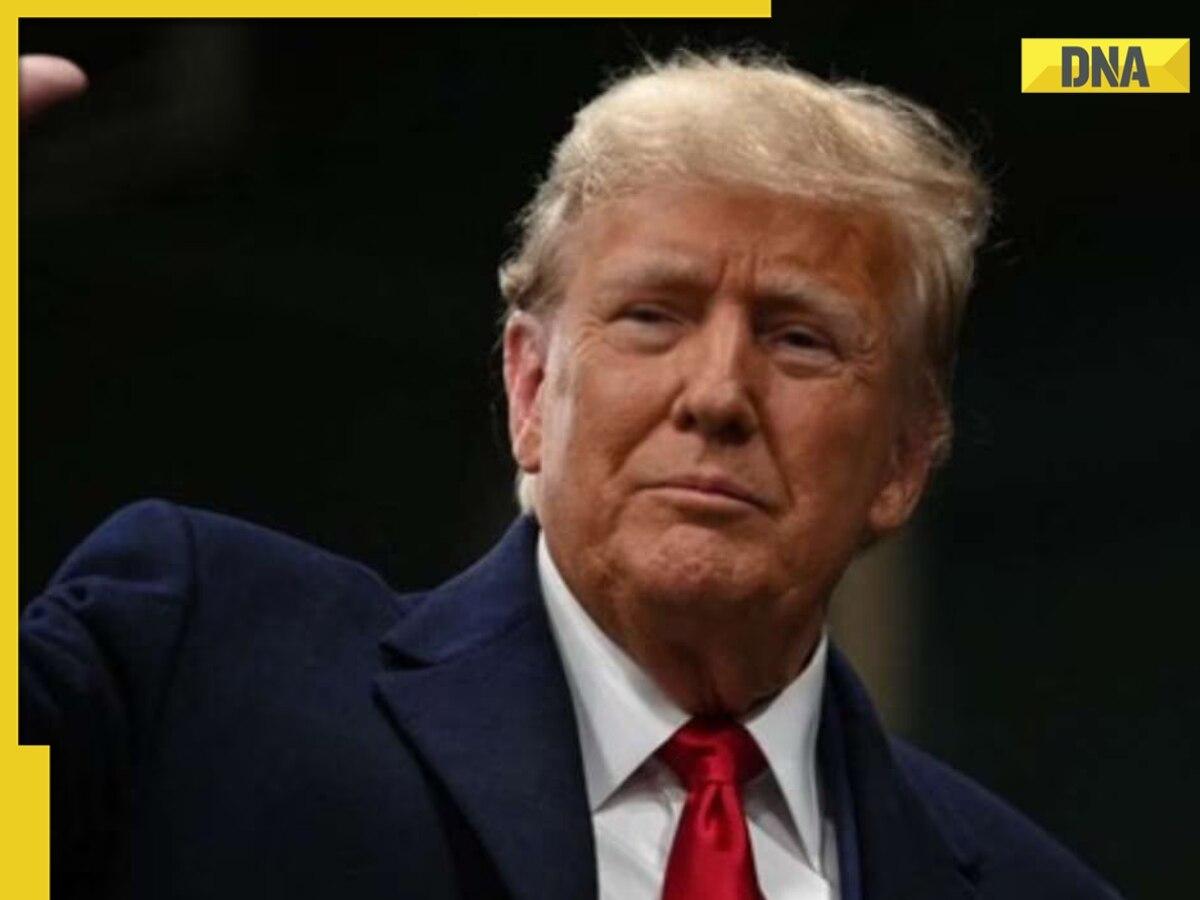
The U.S. Supreme Court has delivered a landmark verdict, ruling for the first time that former presidents are granted partial immunity from prosecution. This decision has significant implications for the ongoing criminal case against former President Donald Trump, who faces charges for allegedly orchestrating efforts to overturn his loss in the 2020 presidential election. The ruling is expected to delay the proceedings in the Washington case, making it increasingly unlikely that Trump will face trial before the upcoming November election.
In a historic 6-3 ruling, the justices sent Trump’s case back to the trial court to assess what remains of special counsel Jack Smith’s indictment. This outcome introduces additional delays before Trump could potentially stand trial. Moreover, the court’s ruling in this high-profile case, along with another significant decision this term on whether Trump could be barred from the ballot due to his post-2020 election actions, highlights the substantial and delicate role the judiciary may play in the November election.
“Under our constitutional structure of separated powers, the nature of presidential power entitles a former president to absolute immunity from criminal prosecution for actions within his conclusive and preclusive constitutional authority,” Chief Justice John Roberts wrote on behalf of the court. “And he is entitled to at least presumptive immunity from prosecution for all his official acts. There is no immunity for unofficial acts.” The opinion garnered support from the other five conservative justices while the three liberal justices issued a dissenting opinion.
Justice Sonia Sotomayor, one of the dissenting voices, strongly criticized the majority decision. “Today’s decision to grant former presidents criminal immunity reshapes the institution of the presidency. It makes a mockery of the principle, foundational to our Constitution and system of government, that no man is above the law,” she wrote.
. Sotomayor, delivering a summary of her dissent from the bench, underscored that the protection afforded to presidents by the court was “as bad as it sounds and it is baseless.”
This ruling, the last of the term, was delivered more than two months after the court heard arguments, a notably slower pace compared to other monumental cases involving presidential matters, such as the Watergate tapes case. Trump, a Republican, has steadfastly denied any wrongdoing, claiming that the multiple prosecutions he faces are politically motivated to impede his potential return to the White House.
Earlier in May, Trump made history as the first former president to be convicted of a felony. A New York court found him guilty of falsifying business records to conceal a hush money payment made during the 2016 presidential election to a porn actor who alleged she had an affair with him, a claim Trump denies. He still faces three other indictments.
If the trial in the Washington case is postponed until after the 2024 election and Trump is not re-elected, it’s likely he will stand trial shortly thereafter. Conversely, if he regains the presidency, he could appoint an attorney general who might seek to dismiss his current federal charges. Furthermore, Trump could attempt to pardon himself from federal charges if he wins, although he cannot extend this pardon to his New York state conviction.
Before the Supreme Court’s involvement, lower courts including a trial judge and a three-judge appellate panel had unanimously ruled that Trump could be prosecuted for actions taken while in office and leading up to January 6. However, the Supreme Court’s recent ruling underscores the changing landscape of legal immunity for former presidents, setting a precedent for how future cases might be handled.
The complexities surrounding presidential immunity and the implications of the Supreme Court’s ruling continue to unfold. As the nation heads towards another contentious election cycle, the judiciary’s role in balancing the scales of justice against the principles of democracy and governance will undoubtedly remain in the spotlight. With Trump’s legal battles casting a long shadow over his potential bid for the White House, the coming months promise to be crucial in shaping the future of both the presidency and the country’s judicial precedents.












